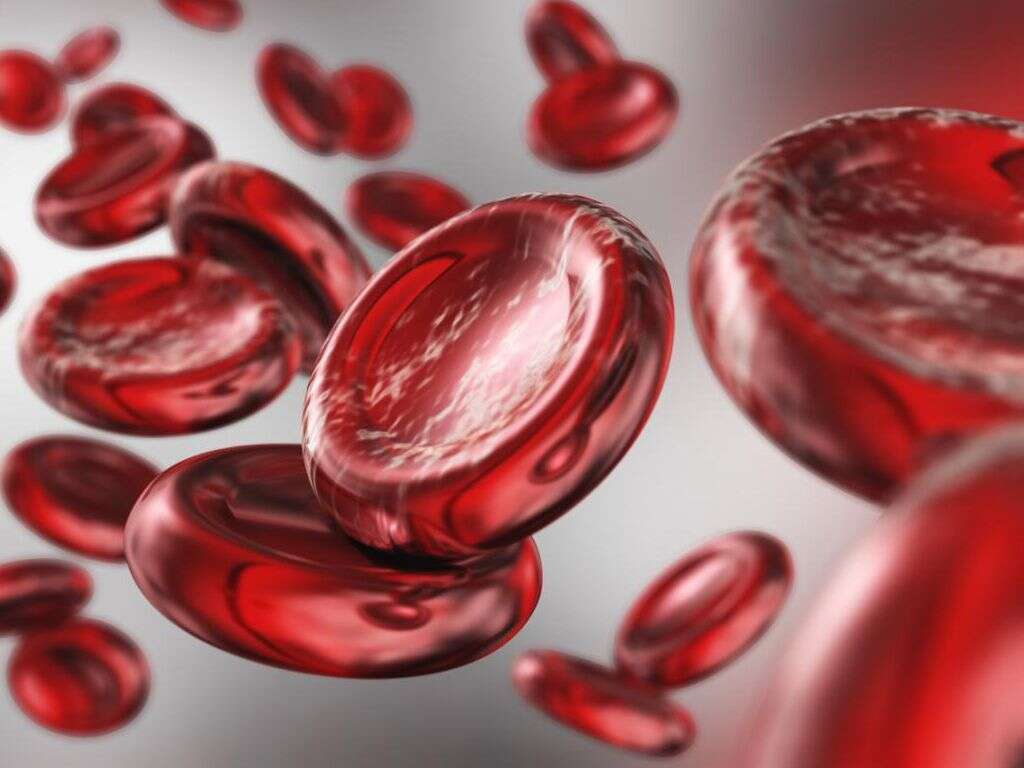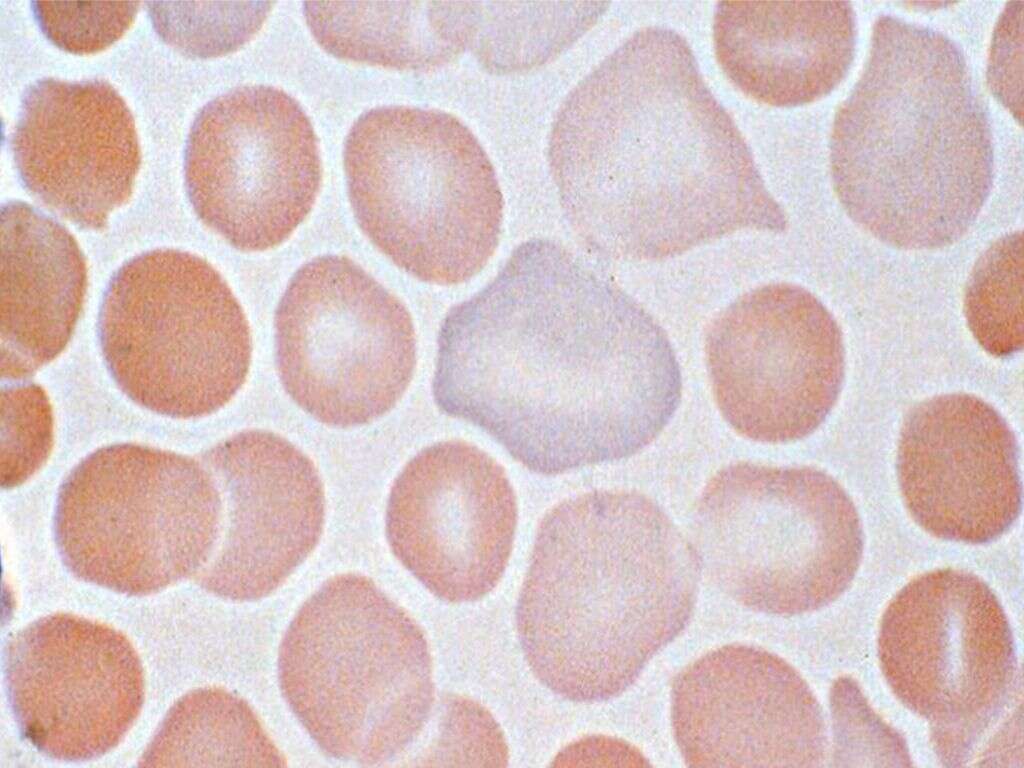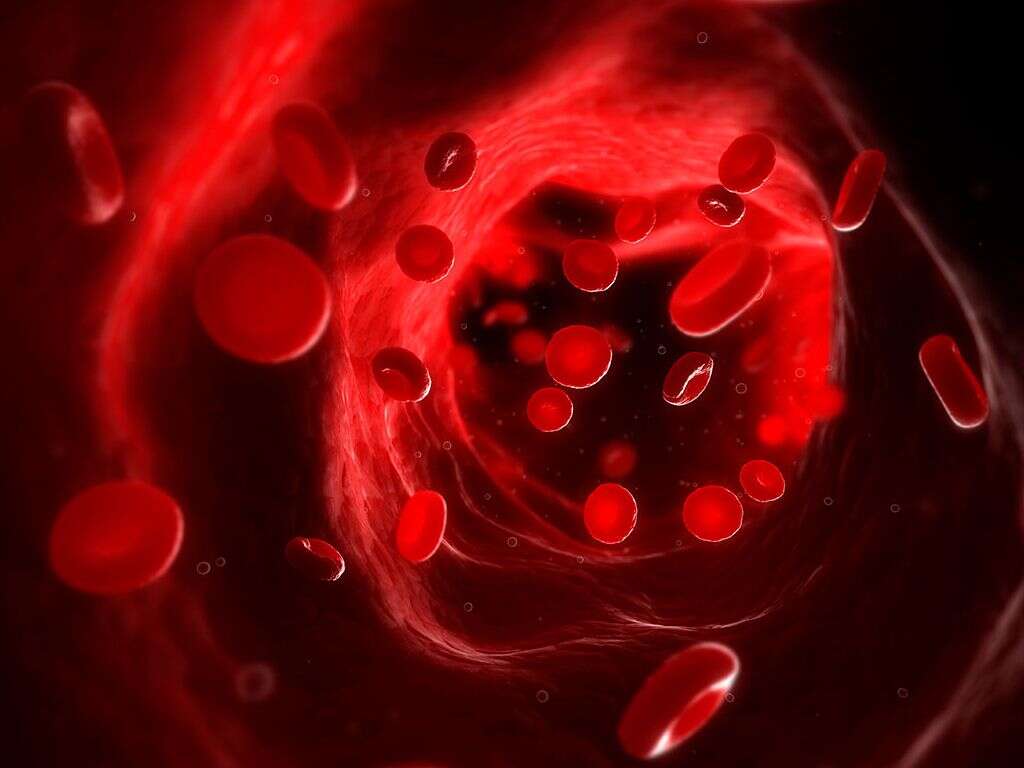10 Giant Cell Arteritis Symptoms
 Article Sources
Article Sources
- 1. 'Giant cell arteritis: Symptoms and causes.' Mayo Clinic, 2 Sept. 2020, www.mayoclinic.org/diseases-conditions/giant-cell-arteritis/symptoms-causes/syc-20372758
- 2. 'Giant cell arteritis.' MedlinePlus - Health Information from the National Library of Medicine, medlineplus.gov/ency/article/000448.htm
- 3. 'Giant cell arteritis.' Genetic and Rare Diseases Information Center (GARD) – an NCATS Program | Providing Information About Rare or Genetic Diseases, 21 Sept. 2018, rarediseases.info.nih.gov/diseases/9615/giant-cell-arteritis
- 4. 'Large-vessel giant cell arteritis: diagnosis, monitoring and management.' OUP Academic, 23 Feb. 2018, academic.oup.com/rheumatology/article/57/suppl/2/ii32/4898137
Abnormal Pulse
Pulse abnormalities are another common occurrence in people with large vessel giant cell arteritis, especially when complications are aortic aneurysm. This may result in a heart murmur or an uneven pulse. Heart monitors and imaging tests of the heart may detect these discrepancies.
A doctor may expect any signs of giant cell arteritis to be in the head. Initial tests for the common variety may not identify giant cell arteritis affecting the aorta. A person can request further tests if they're concerned.4‘Large-vessel giant cell arteritis: diagnosis, monitoring and management.’ OUP Academic, 23 Feb. 2018, academic.oup.com/rheumatology/article/57/suppl/2/ii32/4898137
Advertisement











